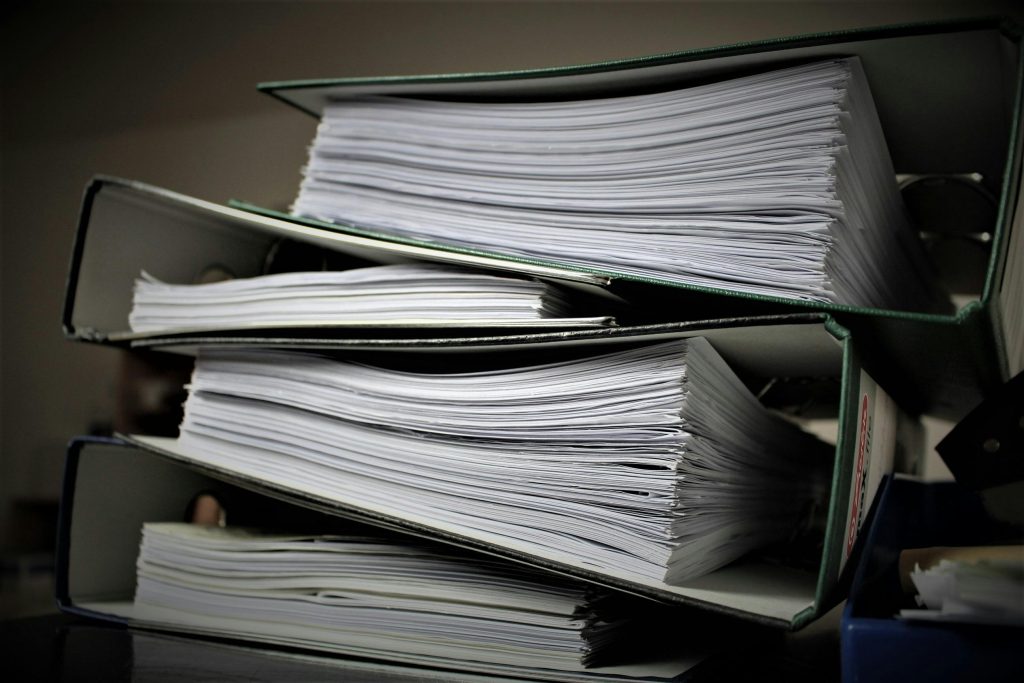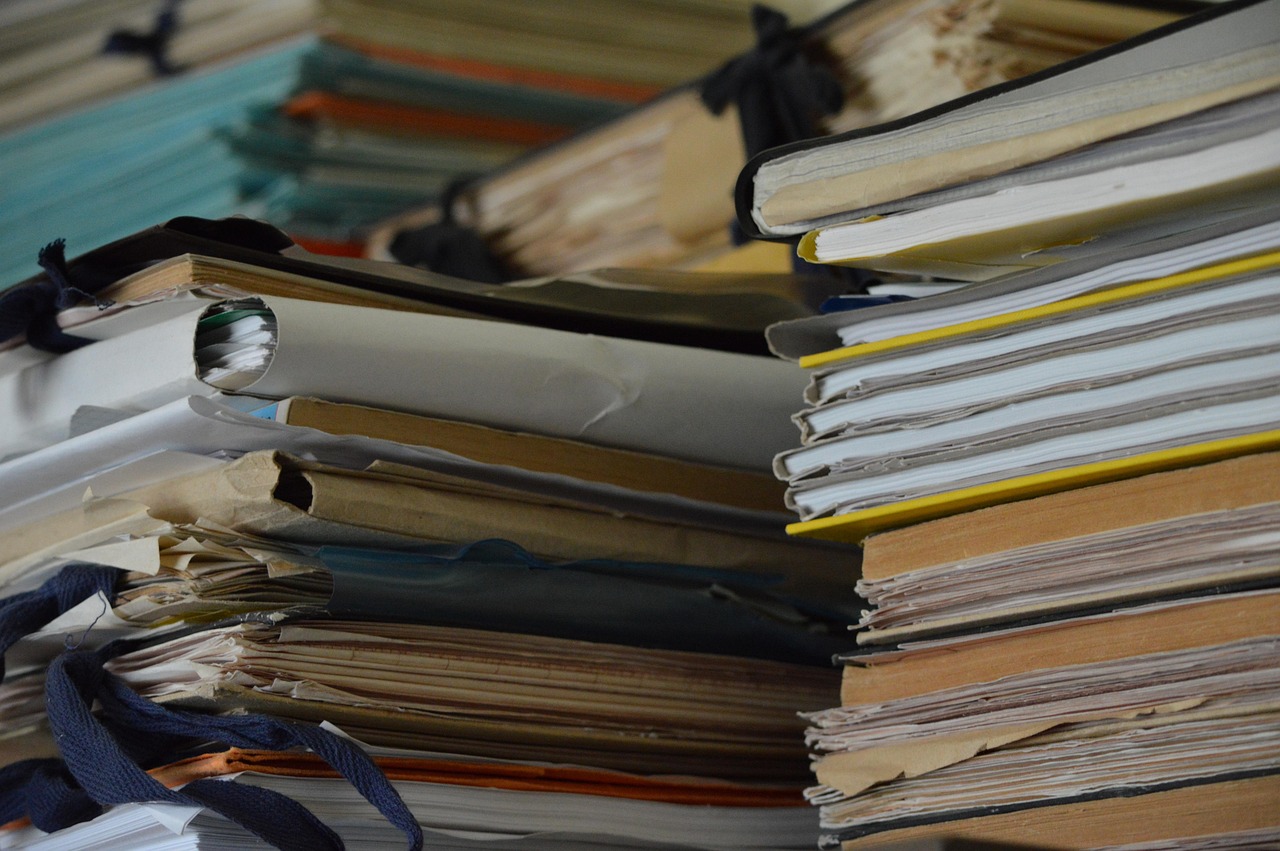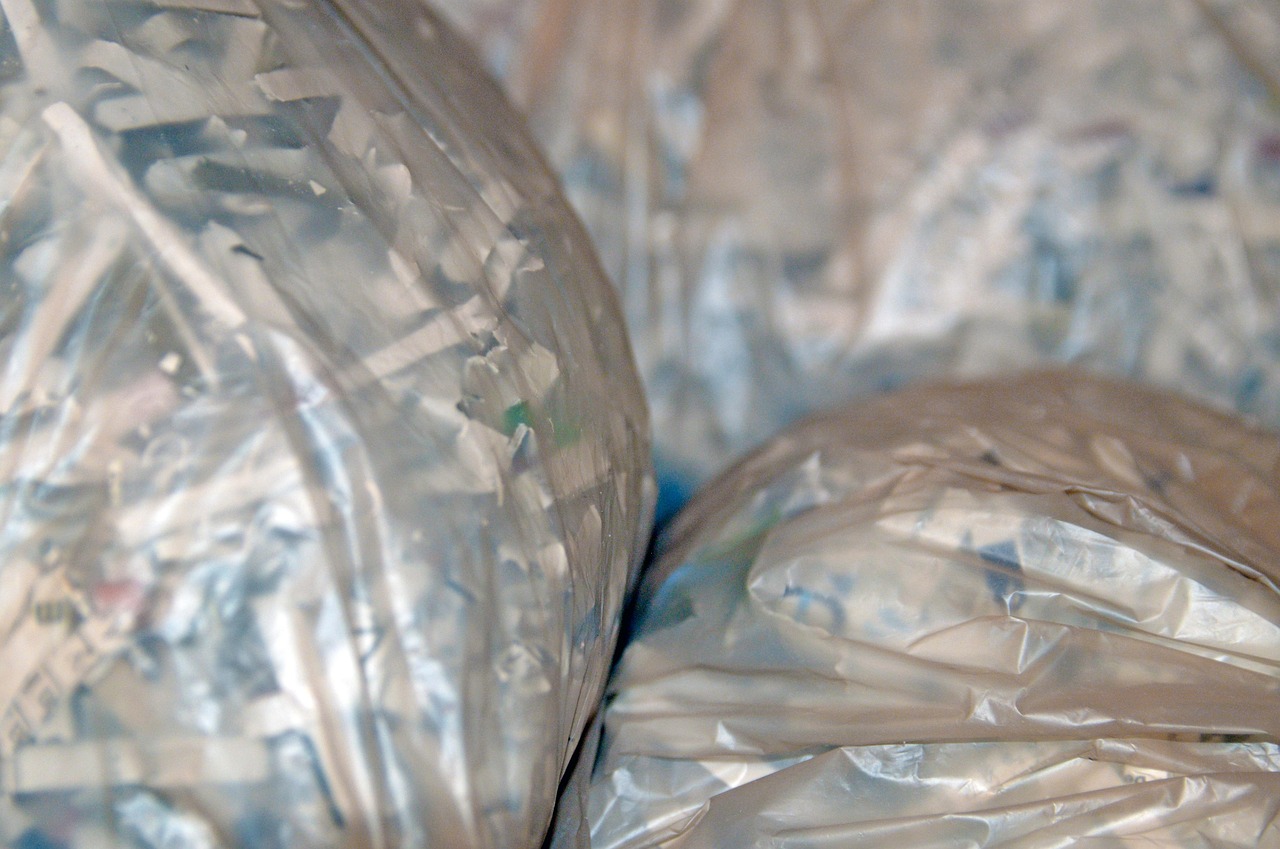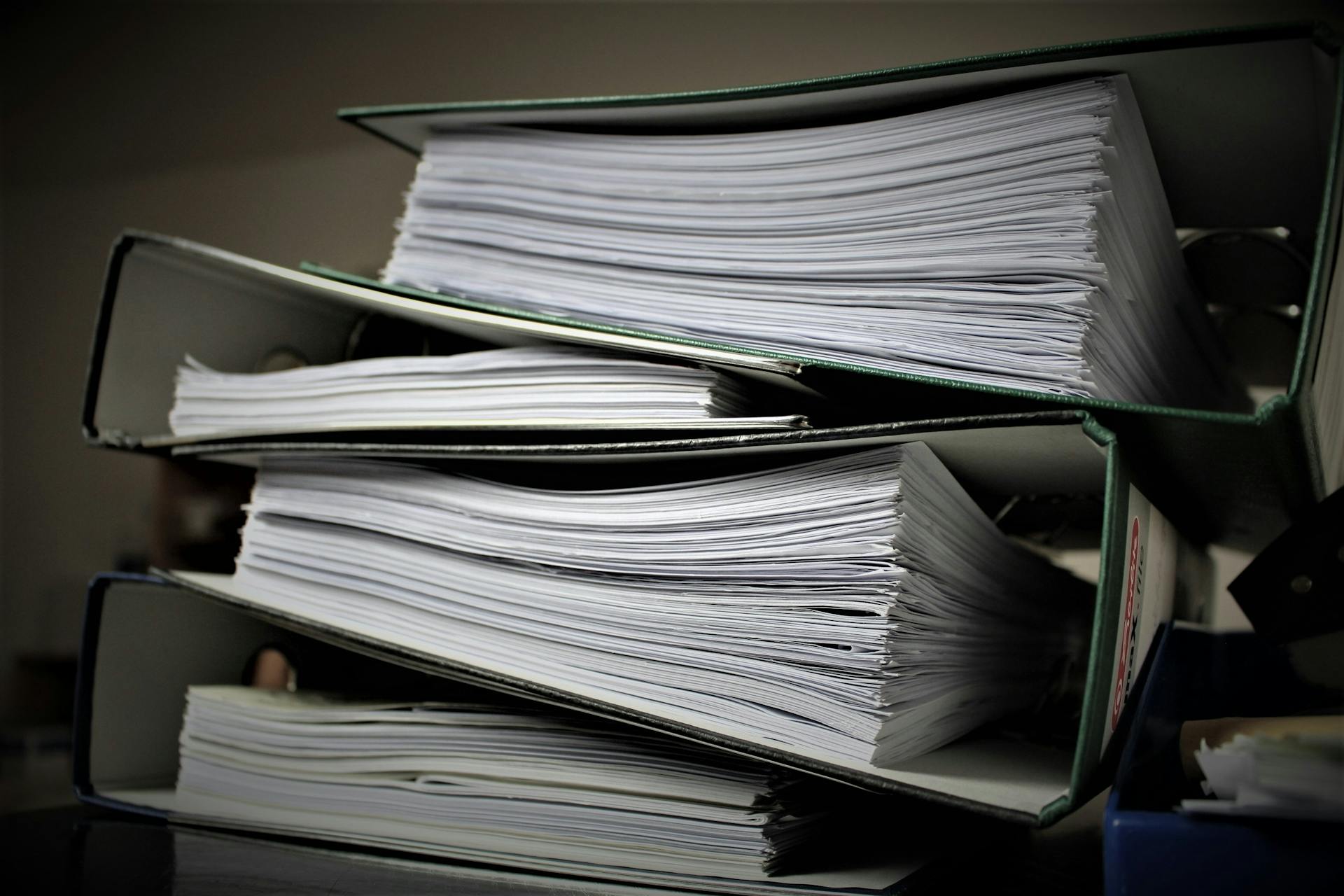
What Remote Workers, Freelancers, and Home Based Businesses Should Know About Shredding
As the number of people working from home continues to rise, so does the volume of sensitive information flowing through home offices. Whether you’re a remote worker, freelancer, or running a business from home, safeguarding your personal and professional data is more important than ever.
One of the most effective ways to protect that data is by shredding paper documents, ensuring they don’t end up in the wrong hands. In this guide, we’ll look at what should be shredded in a home office environment, why it’s important, and how to manage shredding efficiently.
Why Shredding is Critical for Home Offices
In a traditional office, shredding is usually handled by staff or outsourced to a professional service. However, in a home office, it’s easy to overlook the importance of document destruction.
Many remote workers and freelancers mistakenly think that because they’re working from home, their data is safe from theft or misuse. This false sense of security can lead to serious risks, including identity theft, financial fraud, or a data breach that could harm your clients or employer.
Shredding isn’t just about tidying up, it’s about compliance and protection. Sensitive information can be found in more places than you might realise—old invoices, bank statements, medical records, and contracts are just a few examples. Properly destroying these documents ensures that personal data, financial records, and business information stay secure.
What Documents Should You Be Shredding?
While it’s tempting to keep most of your documents either out of habit or fear you might need them in the future there are certain types of paperwork that are often just left around posing a security risk, especially in a home office setting.
- Financial Records and Bank Statements
If you receive bank statements, credit card bills, or any other financial documents via mail, these are prime targets for shredding once they are no longer needed. Even old loan documents or mortgage papers should be shredded. Keeping these papers leaves you vulnerable to identity theft, as they contain account numbers and personal information.
While many financial institutions are moving towards paperless billing, there’s often a mix of paper and digital documents in a home office. As a rule of thumb, shred any financial papers that are no longer required for tax or record keeping purposes.
- Client and Business Contracts
For freelancers or home based businesses, client contracts and service agreements often contain confidential terms, payment details, and sensitive business information. Once a contract has expired or has been completed and is no longer relevant, it should be shredded. This also applies to any supporting documents, like project scopes, invoices, or work statements, which could expose proprietary information if not properly disposed of.
If you’re working with multiple clients, it’s vital to protect their privacy. Shredding completed or outdated contracts is part of maintaining your professional integrity and protecting your business reputation.
- Medical Records and Insurance Information
Medical documents often contain personal details that need to remain private. Whether it’s lab results, doctor’s notes, or insurance claims, these papers should never be left lying around. Once they are no longer needed for reference or record keeping, shred them to prevent them from falling into the wrong hands. This applies to both your personal records and any health information you might handle for family members.
- Receipts and Expense Reports
Whether you’re working from home as a remote employee or running your own freelance business, expense reports and receipts for office supplies or travel should be shredded once they’ve been submitted and reimbursed. These documents often contain financial data or payment information that could be misused. While it’s important to keep them for tax purposes, once they’re no longer needed, shredding is the safest way to dispose of them.
The Role of Outsourced Shredding Services
One of the challenges many home office workers face is the sheer volume of paper that can accumulate over time. Personal shredders can only handle so much, and running stacks of documents through a small home shredder can be tedious and time consuming. Additionally, home shredders may not always provide the level of security needed to properly destroy sensitive information, as they often produce larger pieces of paper that could potentially be reconstructed.
This is where outsourced shredding services come in. Professional shredding companies (such as us here at Squab Shredding) can handle larger volumes of paper efficiently and securely, ensuring that sensitive documents are completely destroyed. Many shredding services offer options like on site shredding trucks that come directly to your home, or secure drop off locations. Outsourced shredding is also particularly useful if you’re cleaning out your office or doing an annual purge of old files.
When to Shred and When to Keep
While shredding is crucial for protecting your data, knowing when to shred and when to keep documents is equally important. For instance, tax documents should be kept for a set number of years, and certain legal documents like property deeds or legal agreements may need to be retained indefinitely. Before you start shredding, it’s helpful to have a clear understanding of what needs to be kept and for how long.
Keep Your Home Office Clutter Free
Shredding is an essential practice for anyone working from home, whether you’re a freelancer, remote worker, or small business owner. Taking a proactive approach is critical to safeguarding your data.
By incorporating secure shredding practices into your routine and considering professional shredding services for larger clean outs, you can ensure that your home office remains both organised and protected from potential threats.
If you’d like to find out more about our shredding services take a look at your nearest location.
Latest news articles




